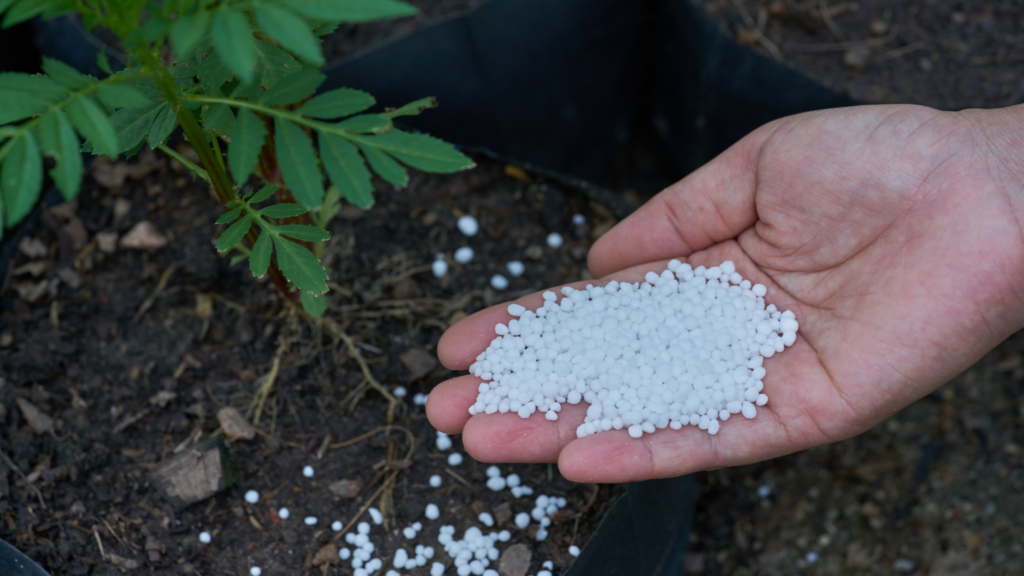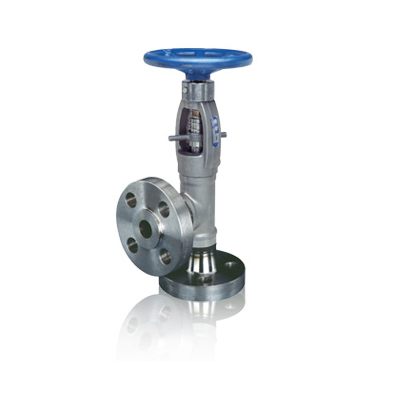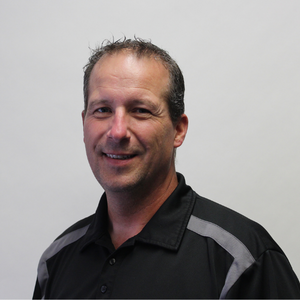
 When dealing with urea applications, selecting the right valve is not just a matter of choice but a critical aspect of ensuring operational reliability and safety. Urea manufacturing, being a cornerstone of the agricultural fertilizer industry, involves processes that can be harsh and demanding on equipment. This is where Armour Valve steps in, providing solutions like the Conval Urea Service Valve, specifically designed to meet these challenges. These valves are modular designed for convenient in-line repair.
When dealing with urea applications, selecting the right valve is not just a matter of choice but a critical aspect of ensuring operational reliability and safety. Urea manufacturing, being a cornerstone of the agricultural fertilizer industry, involves processes that can be harsh and demanding on equipment. This is where Armour Valve steps in, providing solutions like the Conval Urea Service Valve, specifically designed to meet these challenges. These valves are modular designed for convenient in-line repair.
Valve Selection Considerations for Urea and the Fertilizer Industry
In the urea production process, every detail counts. From the specification of valves to their maintenance, each aspect plays a pivotal role in the smooth, efficient, and safe operation of the facility.
 At Armour Valve, our expertise in the fertilizer industry, developed by working closely with Conval and urea manufacturers in Canada, has shown us the importance of detailed information gathering in the Request for Proposal (RFP) process. This approach not only simplifies valve selection and proposal preparation but also ensures smoother order execution.
At Armour Valve, our expertise in the fertilizer industry, developed by working closely with Conval and urea manufacturers in Canada, has shown us the importance of detailed information gathering in the Request for Proposal (RFP) process. This approach not only simplifies valve selection and proposal preparation but also ensures smoother order execution.
Here’s an overview of the considerations when choosing a valve for urea applications.
- Understanding Service Conditions:
- The line media, pressure, and temperature are critical in selecting the right valve.
- Knowledge of the material of the current valve is crucial, especially for replacements, to ensure corrosion resistance and appropriate pressure class.
- Newer materials offering better corrosion resistance might have different pressure class ratings.
- Flow Rate Considerations:
- Another important detail is the process flow, although it is not always a detail that is provided when quoting isolation valves.
- Different port sizes (full vs standard vs reduced) and flow paths (T vs Y-pattern) need to be evaluated to optimally size the valve for the flow rate.
- End Connections and Operator Type:
- These may seem straightforward, but the end connections and operator type are essential, especially in severe service applications.
- Replacing Existing Valves:
- Knowing the end-to-end dimensions and any pipe or space constraints is key when replacing a valve.
- Customization options exist to match the existing layout, including the orientation of the handwheel on gear-operated valves.
- Documentation and Testing Requirements:
- Beyond standard certifications, some end users require third-party inspections, Inspection & Test Plans, and specific tagging or site information.
- Certain Canadian provinces also mandate a Canadian Registration Number for valve designs.
Navigating Urea Valve Specifications
When specifying valves for urea applications, it is important to consider material selection, design factors, and compliance with pertinent codes and standards. These elements play a significant role in ensuring both safety and operational efficiency.
Key Considerations for Urea Applications:
- Selecting the Right Valve: Understanding the specific challenges of urea applications is crucial. The selection process should prioritize valves with appropriate capabilities to handle high pressures, corrosive materials, and temperature variations.
- Material Choice and Design: Opt for valves that offer superior corrosion resistance, durability, and ease of maintenance to ensure long-term operational reliability.
- Compliance and Standards: Adhering to industry codes and standards is non-negotiable for safety and efficiency.
- Valve Maintenance and Expert Support: Leveraging expert knowledge to make informed decisions is essential, and ensuring proper maintenance is key to optimizing valve performance and longevity. Explore our blog on Maximizing Performance through Servicing Conval Urea Valves for additional practical advice on maintaining these valves.
- Staying Informed: An educational approach to industry trends and flexibility in design can significantly improve valve selection and maintenance practices.
At Armour Valve, our support doesn’t end with delivery. We offer extensive after-market support programs, including repair, materials planning, and training. Our commitment to our customers extends far beyond the initial purchase. To learn more about our Urea valve portfolio and how we can support your needs, feel free to contact us.
Ensuring Success in Urea Applications with Armour Valve
Selecting the right valves for urea processes demands careful consideration of various technical and operational factors. We invite you to visit the Armour Valve website to learn more about the Conval Urea Service Valve and explore our range of solutions for severe service applications for a variety of industries. Our experts are ready to provide personalized consultation and assistance to help you select the right valve solutions for your application needs.

